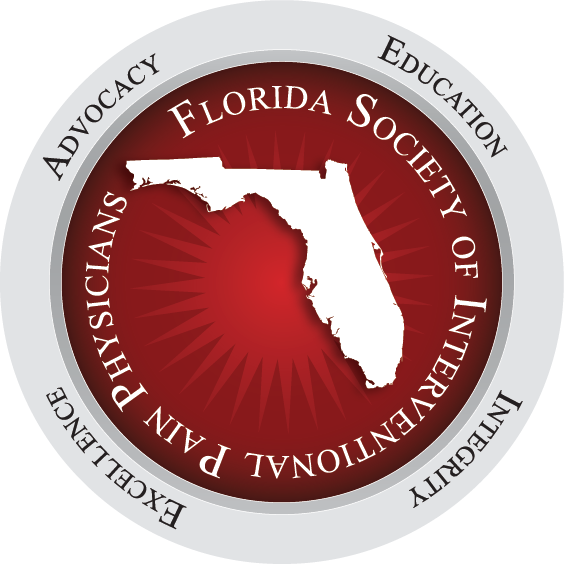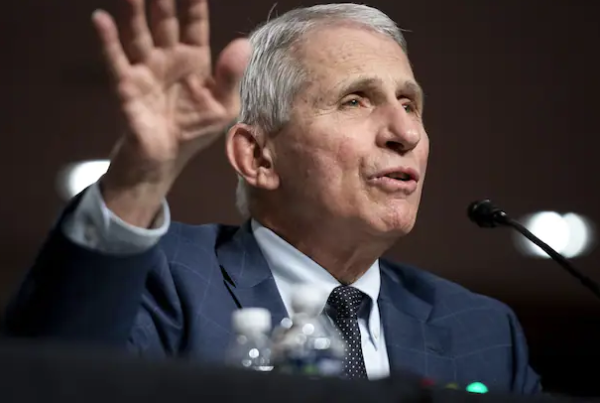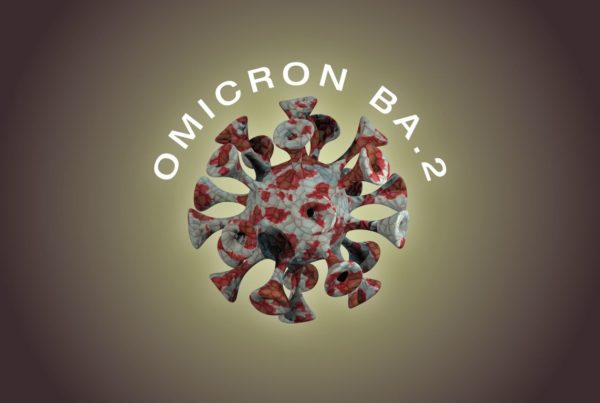The FDA on December 3 expanded the emergency use authorization (EUA) for Eli Lilly and Company’s bamlanivimab and etesevimab—monoclonal antibody treatments administered together—for the treatment of mild to moderate COVID-19 in all younger pediatric patients (birth to <12 years old) who are at high risk of progressing to severe disease, including hospitalization or death. The FDA also authorized the drugs to be used for post-exposure prophylaxis for prevention of COVID-19 in all younger pediatric patients at high risk of severe COVID-19, although the agency noted this should not be considered a substitution for vaccination. The revised EUA is the first for an antibody treatment for young children, as the drugs previously were authorized for pediatric patients aged 12 and older weighing at least 40 kilograms (about 88 pounds). The drugs’ dosages are calculated based on body weight and administered by injection or intravenously at a clinic or hospital. The authorization is based on data from a clinical trial of 125 pediatric patients. Lilly said that more than 700,000 patients have been treated with bamlanivimab or bamlanivimab and etesevimab to date, estimating that the treatment has potentially prevented more than 35,000 hospitalizations and about 14,000 deaths.
CSSE is reporting 49,355,098 positive cases in the U.S. and 790,968 deaths. DOH reported for the week ending December 2, 3,697,523 confirmed cases in Florida with 61,701 deaths. Florida vaccination rates by age group are listed below.



